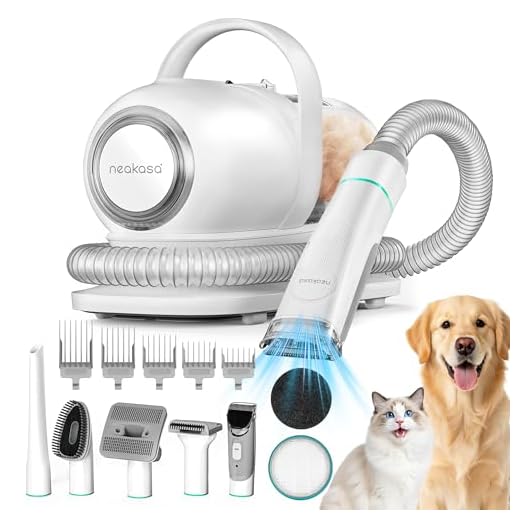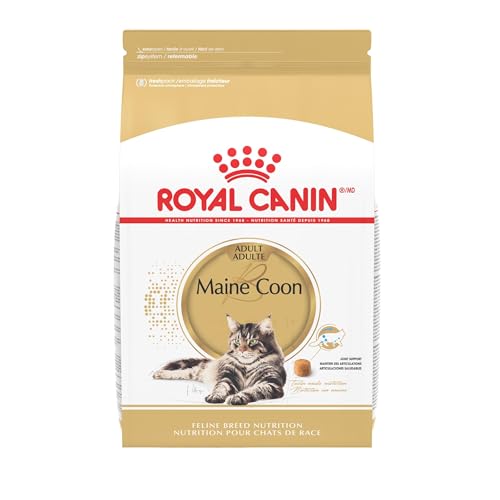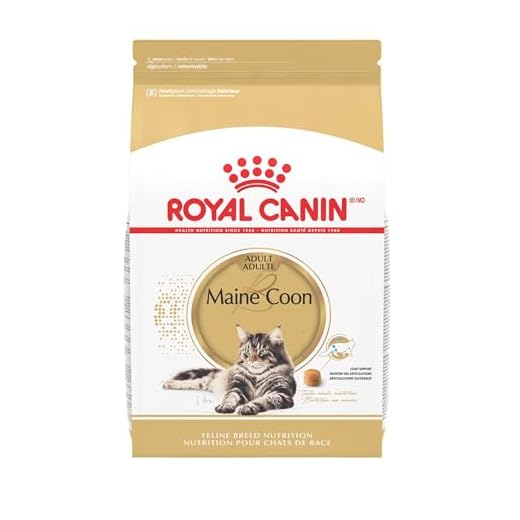

For those considering adding a large, affectionate companion to their family, the cost of a Maine Coon feline typically ranges from $800 to $2,000. Pricing varies based on factors like lineage, breeder reputation, and location. Opting for a reputable breeder ensures a healthy pet, while a lower price may come with hidden health risks.
Additionally, expenses extend beyond the initial purchase. Regular veterinary check-ups, vaccinations, grooming, and quality food should be factored into your budget. Prepare for annual costs that could total around $1,000, ensuring a happy and healthy life for your new friend.
Rescue organizations often have these furry giants available for adoption at reduced fees, usually between $200 and $500. This not only saves you money but also provides a loving home to a cat in need.
Price Range for a Maine Coon Feline
For a purebred Maine Coon, expect to pay between $800 and $2,000, depending on factors like lineage, breeder reputation, and geographic location. Kittens from champion bloodlines often command higher prices.
Additional Costs
Consider annual expenses, including food, grooming, and vet visits, which can total around $1,000 to $1,500. High-quality nutrition and regular check-ups are crucial for their well-being.
Adoption vs. Purchase
Adopting from a shelter may cost less, typically ranging from $100 to $300. This option often includes vaccinations and spaying/neutering, making it a budget-friendly choice while providing a home to a deserving feline.
Average Price Range for Maine Coon Kittens
The price for a kitten of this breed typically falls between $800 and $2,000. Factors influencing the cost include:
- Breeder Reputation: Established breeders with good reputations often charge more due to their breeding practices.
- Pedigree: Kittens from champion bloodlines are generally more expensive.
- Location: Prices can vary by region; some areas may have higher demand and lower supply.
- Health Guarantees: Breeders offering health guarantees and vaccinations may charge higher fees.
- Age: Younger kittens might be less expensive than older ones that are ready for immediate adoption.
Additional expenses to consider include:
- Initial Supplies: Budget for food, litter, toys, and scratching posts.
- Veterinary Care: Routine check-ups, vaccinations, and spaying/neutering can add up.
- Insurance: Pet insurance could be a wise investment for future health needs.
Researching and choosing a reputable breeder is key. Prioritize health and temperament over merely the price tag. A well-bred kitten can bring joy and companionship for many years.
Factors Influencing Pricing of Maine Feline Breeds
The cost of these charming companions hinges on several specific elements. First, breeder reputation plays a significant role. Established breeders with a history of healthy litters tend to charge more due to their expertise. Look for reviews and testimonials that can guide you in choosing a reputable source.
Secondly, lineage impacts pricing. Cats with champion bloodlines or show potential command higher fees. If a kitten’s parents have awards or strong pedigrees, expect a premium. This factor is crucial for those interested in breeding or showing.
Age is another consideration. Kittens are typically more expensive than adults. However, adopting an older feline can be a rewarding option, often at a lower price point, and these cats are usually already trained.
Health testing is essential. Breeders who conduct genetic testing and provide health guarantees may charge more, but this ensures you’re adopting a healthy pet. Always inquire about the health checks performed on both parents and kittens.
Additionally, coat color and patterns can affect costs. Rare colors or specific markings might add to the price, as they are often sought after by enthusiasts.
Lastly, geographical location matters. Prices vary significantly across regions. Urban areas may have higher costs due to demand and living expenses, while rural locations might offer more competitive pricing.
For new pet parents, remember to consider ongoing costs, such as food, veterinary care, and grooming. Make sure you’re prepared for the long-term commitment. Don’t forget to check out options like over the counter dewormer for cats to keep your furry friend healthy.
Cost of Maintenance for Maine Coon Cats
Feeding, grooming, and healthcare represent significant expenses for these magnificent felines. A balanced diet tailored to their needs is crucial, typically ranging from $30 to $50 monthly. High-quality cat food ensures they receive essential nutrients, supporting their health and vitality.
Grooming and Accessories
Regular grooming is essential for maintaining their luxurious fur. Investing in grooming tools can cost about $50 initially, with annual grooming services averaging $100 to $200 if you prefer professional help. Accessories like litter boxes, scratching posts, and toys can add another $100 to $200 annually.
Healthcare Costs
Routine veterinary visits, vaccinations, and preventive care can total $200 to $400 yearly. It’s wise to budget for unexpected health issues, which may incur additional expenses. Consider pet insurance for peace of mind, with premiums typically between $20 and $50 a month.
| Expense Type | Estimated Cost |
|---|---|
| Food | $30 – $50/month |
| Grooming Tools | $50 (initial) |
| Professional Grooming | $100 – $200/year |
| Accessories | $100 – $200/year |
| Veterinary Care | $200 – $400/year |
| Pet Insurance | $20 – $50/month |
For those interested in documenting their life with these charming animals, finding the best camera for use with kowa digital camera adapter can enhance your photography experience.
Comparison of Prices from Breeders vs. Shelters
Purchasing a furry companion from a breeder typically ranges from $800 to $2,000, depending on lineage and quality. Breeders often provide guarantees, health screenings, and specific breed traits. This investment ensures a purebred with a predictable temperament and health history.
Rescue organizations and shelters offer an alternative, with costs usually between $100 and $300. These fees often include vaccinations, spaying or neutering, and sometimes microchipping. Adopting from a shelter not only saves money but also provides a home to an animal in need.
Breeder Insights
Reputable breeders prioritize health and genetics, often requiring prospective owners to go through a screening process. This can include interviews to assess compatibility and commitment. The higher costs reflect the breeder’s investment in the care and breeding of their animals.
Shelter Benefits
Opting for a shelter pet can be rewarding. Many shelters have dedicated staff who can provide information on the animal’s personality, behavior, and any medical history. This can help in making an informed decision. Additionally, adopting a pet contributes to reducing the number of animals in shelters, promoting responsible pet ownership.
Unexpected Expenses in Maine Coon Ownership
Be ready for some surprising costs that can pop up when caring for a large feline. These expenses can exceed initial purchase prices.
Health-Related Costs
- Regular Vet Visits: Routine check-ups, vaccinations, and preventive care can add up quickly. Expect to budget around $100 to $300 annually.
- Emergency Care: Accidents happen. Emergency vet visits can range from $500 to $1,500 depending on the situation.
- Dental Care: Dental cleanings are crucial for long-term health. This can cost anywhere from $200 to $800 each year.
Grooming and Supplies
- Grooming Tools: High-quality brushes and grooming supplies are necessary. Set aside $50 to $150 for good tools.
- Feeding: Quality food is essential. Expect to spend about $30 to $100 monthly on premium brands.
- Litter: Quality litter can vary in price. Budget around $15 to $40 monthly for proper hygiene.
Be prepared for these unexpected expenditures to ensure a happy and healthy life for your new companion.









